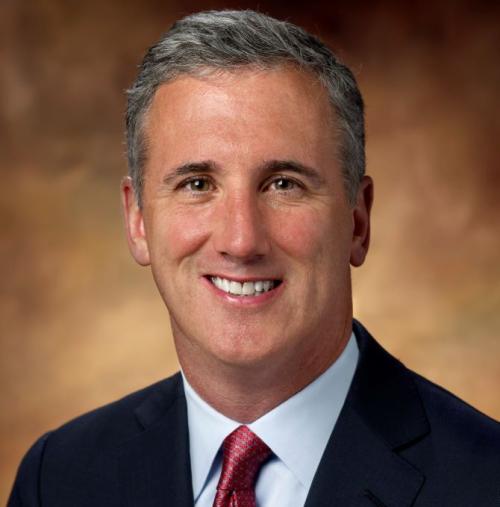Forum highlights improvements past governance awards winners have made to their proxies and compliance programs
More than 50 general counsel, corporate secretaries and other governance professionals gathered on November 14 for Corporate Secretary magazine’s first Best Practices Symposium at the New York City offices of Marsh & McLennan. Held directly before this year’s Corporate Governance Awards gala, the half-day forum highlighted efforts past award winners have made to improve their proxy statements and develop their compliance and ethics programs.
The event, sponsored by Diligent Board Member Services and Marsh & McLennan, also treated attendees to a fireside chat with Peter Clapman, a pioneer of shareholder activism and previous winner of Corporate Secretary’s lifetime achievement award. The former head of corporate governance at TIAA-CREF shared his thoughts on the future of board engagement with investors.
The first panel featured a nuts and bolts presentation of innovative ideas companies are using to improve the effectiveness of their proxy statements. In the era of nail-biting say on pay votes, one critical thing that companies can do is develop and highlight their executive compensation message to ensure that readers understand the context of their pay decisions, according to the senior counsel and assistant corporate secretary at a large insurance firm.
The chief counsel at a major conglomerate said his company spends 70 percent of its proxy statement effort on its two- to three-page executive summary that conveys the company’s compelling narrative, and the rest of its effort on the many pages of SEC-required granular information that follows.
A roundtable discussion on ethics gave attendees an opportunity to share best practices with each other after hearing inspiring compliance turnaround stories from a major consumer products retailer and a government defense contractor.
One of the most compelling ideas that emerged from the discussions was one company’s idea of inviting the heads of its international business units to submit their own short humorous ethics videos, then display the winners on the company website and incorporating them into subsequent compliance and ethics training efforts.
Clapman, who now chairs iPass’s governance committee, spoke about how pivotal events in the evolution of governance can emerge from throwaway conversations among institutional investors. When the Delaware court upheld a company’s poison pill provision in the 1980s, governance leaders at TIAA-CREF pondered what their options were. Clapman suggested filing a preparatory proposal with the company calling for a shareholder vote to ratify the poison pill, which met with ‘hysterical hostility’ from the company and a demand that Clapman be fired.
TIAA-CREF ended up filing similar proposals that proxy season at 10 companies, with the SEC upholding its right to do so. And instead of being fired, Clapman, and his team, went on to champion many other governance changes, ushering in the current era of shareholder engagement.








